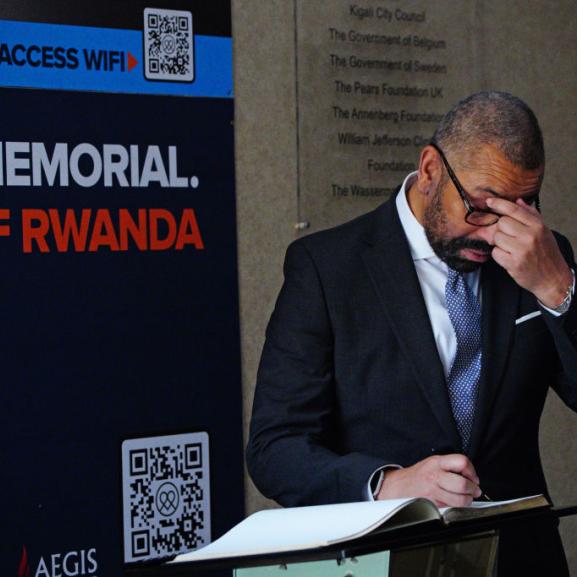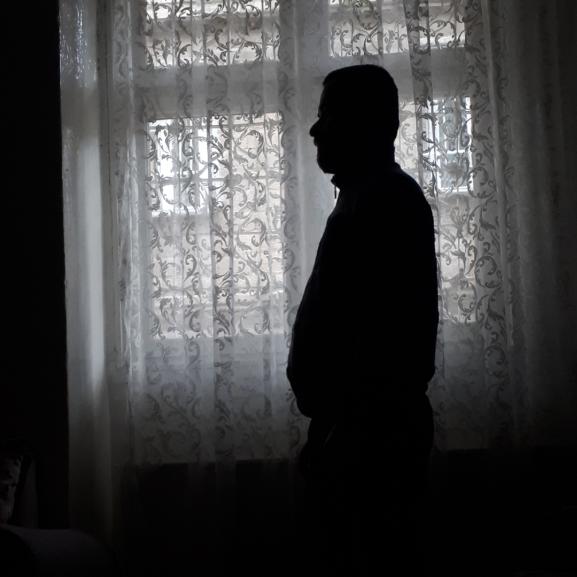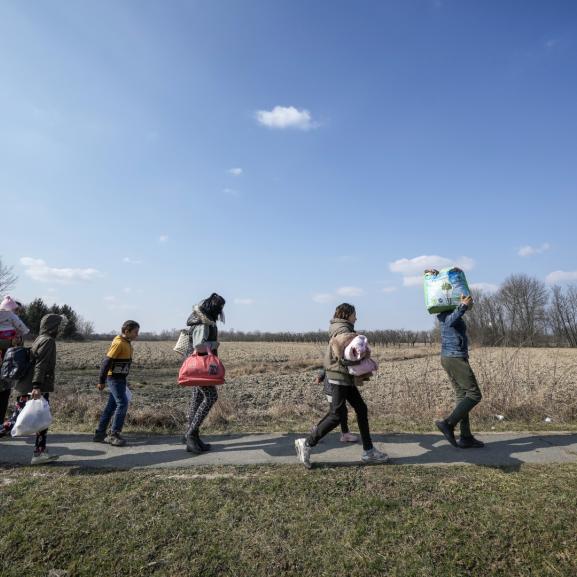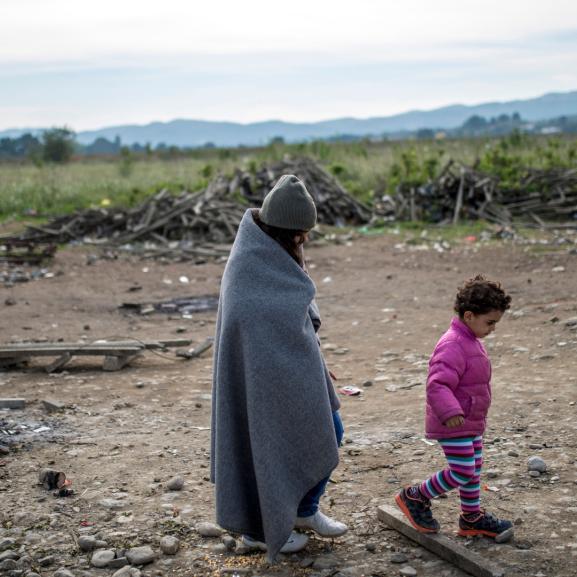Britain 'systematically failing' Pakistan torture victims
Medical evidence of widespread torture in Pakistan is produced today by the Medical Foundation for the Care of Victims of Torture, which has called on the Home Office to stop "systematically failing" Pakistanis seeking political asylum.
A new Freedom from Torture report Evidence of Torture: A study of Pakistani torture survivors coming to the UK says that between 96% and 99% of Pakistani asylum claims made in Britain between 1996-2000 were rejected.
The report documents the cases of 51 torture survivors (48 men and three women) from Pakistan who were examined by 18 different physicians at the Medical Foundation's treatment centre between January 1996 and June 2000.
Torture methods documented included beatings with batons, belts and leather straps, often while the victim was suspended upside down. A third had suffered burns - generally from cigarettes, but in some cases from acid or boiling water. And one in five had suffered sexual torture including rape. Nearly all had endured other abuses including prolonged handcuffing, blindfolding, enforced nakedness, and the denial of food, drink and toilet facilities. In addition, conditions in detention were often appalling - dark, dirty, cramped, overcrowded and hot, with a minimum of medical care.
All the victims reported continuing physical or psychological problems as a result of their ordeal, with each taking some form of medication to combat the effects. Two-thirds had been detained by police, while the rest had been tortured by rival political or religious groups.
Report author, Medical Foundation research officer Mary Salinsky, says that those targeted include members of opposition parties, members of religious minorities including Ahmadis and Christians, journalists, those arrested during ethnic and sectarian violence, and women who are at risk both from police if detained, and within the family.
"Successive governments in Pakistan have proved unable or unwilling to protect these individuals from torture and other forms of persecution" says Mrs Salinsky.
Despite this, the Home Office consistently downplays the reality of torture in Pakistan, drawing negative conclusions about the details of claims while avoiding any proper evaluation of an individual's own testimony.
"The Home Office evaluation of the claims is flawed in not considering applicants' own evidence of torture adequately; in not ensuring it has all the necessary information before reaching a decision; and in perceiving Pakistan as a country where persecution and torture were extremely unlikely to have taken place" says Mrs Salinsky.
"This categorisation was used as the basis to fast track many of the cases and may have been one reason that torture testimony is not treated as seriously as it deserves.
Freedom from Torture, which has released the report to coincide with the United Nations Day for Victims of Torture (June 26), has found the same deficiencies in the examination of the claims of torture survivors from Turkey, India and Sri Lanka.
"These inadequacies are leading to a systematic failure by the UK to honour its international obligations to protect asylum seekers with a history of torture" says Mrs Salinsky.
Freedom from Torture is the only organisation in Britain dedicated solely to helping victims of torture and organised violence.
Since it was established 15 years ago it has helped more than 25,000 people at its North London treatment centre. Clients include former British servicemen who were prisoners of the Japanese in World War Two and asylum seekers fleeing today's conflicts.
Most of those the Foundation helps are adults, but sadly it is also called upon to treat children who have either suffered torture themselves, or have witnessed acts of extreme violence against members of their families.
Over the years the number of people turning to the foundation for help has grown steadily, with more than 5,000 new clients arriving last year alone.
The range of free services provided by some 200 paid and voluntary staff includes:
- Medical, psychiatric and psychological assessment and treatment;
- Rehabilitation, both short and long term, through social care, casework and counselling, psychotherapy, physiotherapy and a range of other complementary treatments including osteopathy, reflexology - and even gardening;
- Forensic medical reports to document allegations of torture;
Practical assistance over matters such as housing, benefit advice and education.
For further information from Freedom from Torture's press office 0207 813 3445






